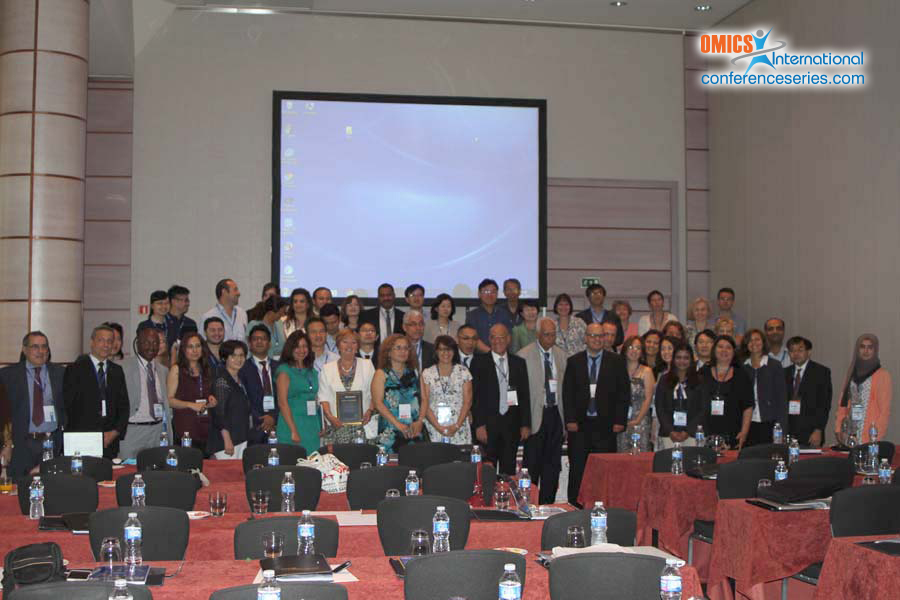
Michael R Shurin
University of Pittsburgh, USA
Title: Pharmacological regulation of the tumor immunoenvironment
Biography
Biography: Michael R Shurin
Abstract
The tumour microenvironment consist of a variable combination of tumour cells, stromal fibroblasts, endothelial cells and infiltrating leukocytes, such as macrophages, T lymphocytes, and Dendritic Cells (DC). Tumour progression is often associated with suppression or malfunction of the immune system, including the appearance of regulatory T cells and myeloid-derived suppressor cells, dysbalance of dendritic cell subsets and cytokine network, and polarization of Th1/Th2/Th3/Th17/Treg subsets and their balance. We have recently reported that antineoplastic chemotherapeutic agents could directly up-regulate development and functional activation of dendritic cells in vitro and in vivo if used in low nontoxic concentrations. Our new data revealed that low-dose nontoxic chemotherapy (or chemomodulation) increases resistance of dendritic cells to tumor-induced immunosuppression and converts suppressor dendritic cells into immunostimulatory cells. Furthermore, low-dose nontoxic chemotherapy down-regulated activity of myeloid-derived suppressor cells and regulatory T cells in the tumor microenvironment. Finally, antineoplastic chemotherapeutic agents in low, nontoxic concentrations blocked the ability of tumor cells to inhibit immune cell function. This effect was associated with increased expression of antigen-processing machinery components in tumor cells and, thus, increased immunogenicity of tumor cells. Together, these data suggest that the modulation of the tumor microenvironment by low-dose nontoxic chemotherapy – chemomodulation, - may serve as a powerful adjuvant for different immunotherapeutic modalities in cancer. In fact, application of low-dose chemotherapy prior to dendritic cell vaccines in the animal tumor models resulted in significant inhibition of primary and metastatic tumor growth in vivo. Thus, chemomodulation of the tumor environment with nontoxic doses of several common chemotherapeutic agents, including nanovehicle delivery of these agents, might target different cell populations, decrease tumor-induced immunosuppression, and improve the efficacy of modern vaccines for cancer therapy.

